
The world of gaming is undergoing a seismic shift, propelled by the advent of non-fungible tokens (NFTs) and the rise of decentralized platforms. NFT gaming marketplaces are at the forefront of this transformation, allowing players to buy, sell, and trade unique digital assets in ways that were previously unimaginable. These marketplaces are not just venues for transactions; they are vibrant ecosystems that empower players, foster creativity, and redefine ownership in the gaming we look ahead to 2025, understanding the intricacies of NFT gaming marketplace development becomes essential for developers, gamers, and investors alike.
This guide aims to provide a comprehensive overview of what it takes to build a successful NFT gaming marketplace, from essential features and monetization strategies to marketing approaches and legal considerations. Whether you’re a seasoned developer or a newcomer to the blockchain gaming scene, this ultimate guide will equip you with the knowledge needed to navigate the rapidly evolving landscape of NFT gaming and position yourself for success in the years to come.
Understanding NFTs in Gaming
Non-fungible tokens (NFTs) are unique digital assets that leverage blockchain technology to represent ownership of specific in-game items, characters, or artwork, distinguishing them from fungible cryptocurrencies like Bitcoin. In gaming, NFTs allow players to buy, sell, and trade these unique assets, establishing true ownership that transcends individual games. This innovation enhances the gaming experience by introducing concepts like scarcity and provenance, enabling players to prove the authenticity of their digital possessions. As a result, NFTs not only transform how players engage with games but also create new revenue opportunities for developers and contribute to a vibrant gaming economy.
Steps to Develop an NFT Gaming Marketplace
Conduct Market Research: Start by analyzing the NFT gaming landscape to identify your target audience, their preferences, and existing competitors. This research will help you understand what features and functionalities players value in a marketplace.
Choose the Right Blockchain: Select a blockchain that aligns with your marketplace goals. Popular options for NFT gaming include Ethereum, Binance Smart Chain, and Polygon. Consider factors such as transaction speed, fees, and scalability when making your choice.
Define Key Features and Functionalities: Outline the essential features of your marketplace, such as user registration, wallet integration, NFT minting, trading capabilities, and search filters. Ensure that your platform is user-friendly and provides a seamless experience for buyers and sellers.
Smart Contract Development: Develop smart contracts to automate transactions and ensure security. Smart contracts will govern the creation, transfer, and ownership of NFTs on your platform, reducing the risk of fraud and ensuring transparency.
Design the User Interface (UI): Create an engaging and intuitive UI that enhances user experience. Focus on aesthetics and usability, ensuring that users can easily navigate the platform, list their NFTs, and complete transactions.
Build the Marketplace Backend: Develop the backend infrastructure to support your marketplace, including database management, server setup, and APIs for wallet integrations. Ensure that your system is scalable to handle growing user traffic and transaction volumes.
Testing and Quality Assurance: Perform comprehensive testing to detect and address any bugs or performance issues. Beta testing with a select group of users can provide valuable feedback and help refine the platform before the official launch.
Launch the Marketplace: After completing testing and incorporating feedback, launch your NFT gaming marketplace. Promote it through various marketing channels to attract users and build a community around your platform.
Ongoing Maintenance and Updates: Continuously monitor your marketplace for performance, security, and user satisfaction. Regularly update features and implement user feedback to enhance the platform and adapt to changing market trends.
By following these steps, you can successfully develop an NFT gaming marketplace that meets the needs of players and creators while leveraging the unique advantages of blockchain technology.
Monetization Strategies for NFT Gaming Marketplaces
➔ Transaction Fees: Charge a small fee for each transaction made on the marketplace, such as buying, selling, or trading NFTs. This is a common revenue model that can provide a steady income stream as user activity increases.
➔ Listing Fees: Implement a fee for users to list their NFTs for sale on the platform. This approach can help generate revenue upfront and encourage sellers to price their items competitively.
➔ Subscription Models: Offer premium features or membership tiers for a monthly or annual fee. Subscriptions can provide users with benefits like reduced transaction fees, exclusive access to certain NFTs, or advanced marketplace analytics.
➔ Advertising Revenue: Collaborate with game developers, brands, or other businesses to run ads within the marketplace. Sponsored listings or targeted advertisements can generate additional income while promoting relevant products to users.
➔ In-Game Purchases: If your marketplace is tied to specific games, consider offering in-game purchases for exclusive items or enhancements that can be bought using the marketplace. This can boost user engagement and create a direct revenue link between the marketplace and gaming experience.
➔ Partnerships and Collaborations: Form partnerships with game developers to launch exclusive NFT collections or promotions. These collaborations can enhance the marketplace’s appeal and create new monetization opportunities.
➔ Royalties from Secondary Sales: Enable creators to earn royalties from secondary sales of their NFTs. This not only incentivizes artists and developers to list their work on your platform but also creates an ongoing revenue stream as NFTs change hands.
➔ Token Sales: Consider launching a native utility token for your marketplace that can be used for transactions, rewards, and governance. Token sales can generate significant upfront revenue and encourage user engagement through staking or rewards programs.
➔ Market Insights and Analytics: Offer premium access to market insights, analytics, and reports for a fee. This information can help users make informed decisions about buying and selling NFTs, adding value to your marketplace.
➔ Gamification Elements: Introduce gamified features such as leaderboards, rewards, and challenges. Users could pay for premium entries or enhanced rewards, creating an interactive experience that also generates revenue.
By implementing a combination of these monetization strategies, NFT gaming marketplaces can create diverse revenue streams while enhancing user engagement and promoting a vibrant community around digital assets.
Marketing Your NFT Gaming Marketplace
✺ Content Marketing: Developing a robust content marketing strategy is essential for attracting and retaining users. Create engaging blogs, videos, tutorials, and guides that educate your audience about NFTs, the benefits of your marketplace, and the gaming landscape. This content can establish your marketplace as an authority in the space and improve your search engine rankings, driving organic traffic. Consistently providing valuable information keeps users engaged and encourages them to share your content, broadening your reach.
✺ Social Media Campaigns: Leverage social media platforms to build a community around your NFT gaming marketplace. Create engaging posts that highlight new NFT listings, success stories, and user testimonials. Platforms like Twitter, Instagram, and Discord are particularly effective for reaching gamers and NFT enthusiasts. Regularly interact with your audience through polls, giveaways, and AMAs (Ask Me Anything) to foster a sense of community and encourage user participation. By maintaining an active presence, you can cultivate loyalty and attract new users.
✺ Influencer Collaborations: Partnering with gaming influencers and content creators can significantly boost your marketplace’s visibility. Collaborate with influencers who have a strong following in the NFT and gaming communities to promote your platform. They can create content that showcases your marketplace, shares their experiences, and highlights unique NFTs available for purchase. Their endorsement can lend credibility to your marketplace and attract their followers to explore your offerings, driving traffic and user engagement.
✺ Participating in Gaming Events: Attend gaming conventions, expos, and online events to showcase your NFT gaming marketplace. Setting up a booth or hosting a panel discussion can provide direct exposure to potential users and partners. Engaging with the gaming community in person or virtually allows you to network with industry professionals, gather feedback, and create buzz around your marketplace. Utilize these events to distribute promotional materials, conduct live demonstrations, and collect sign-ups from interested attendees.
✺ Email Marketing: Build an email list of users who express interest in your marketplace and use it to communicate important updates, promotions, and educational content. Craft targeted email campaigns that inform subscribers about new NFT drops, exclusive offers, and platform enhancements. Personalizing your emails based on user preferences can increase engagement and encourage repeat visits. Email marketing not only helps maintain ongoing relationships with users but also drives traffic back to your marketplace.
✺ Referral Programs: Implementing a referral program can incentivize existing users to bring new users to your NFT gaming marketplace. Offer rewards, such as discounts on transaction fees or exclusive NFTs, for successful referrals. This strategy leverages word-of-mouth marketing, which can be highly effective in the gaming community. By encouraging users to share their positive experiences, you can increase your user base while fostering a sense of community within your platform.
✺ Search Engine Optimization (SEO): Optimize your marketplace website for search engines to improve visibility and attract organic traffic. Conduct keyword research to identify relevant terms that potential users may search for, and incorporate these keywords into your website content, meta tags, and descriptions. Focusing on local SEO can also help target specific communities. A well-optimized marketplace will rank higher in search results, making it easier for users to discover your platform and engage with it.
✺ Paid Advertising: Invest in paid advertising campaigns to reach a broader audience quickly. Utilize platforms like Google Ads, Facebook Ads, and Twitter Ads to promote your NFT gaming marketplace to targeted demographics. Tailor your ad copy and visuals to resonate with gamers and NFT collectors, and consider using retargeting strategies to re-engage users who have visited your site but did not convert. Paid advertising can provide immediate visibility and accelerate user acquisition.
By implementing these marketing strategies, you can effectively promote your NFT gaming marketplace, attract users, and build a thriving community around your platform.
Legal Considerations for NFT Gaming Marketplaces
➡ Intellectual Property Rights: One of the foremost legal considerations in NFT gaming marketplace development is ensuring that intellectual property (IP) rights are respected. Creators of NFTs must hold the appropriate rights to the digital assets they mint and sell. This includes understanding copyright laws that protect original works, ensuring that game assets, characters, and artwork do not infringe on the rights of others. Establishing clear ownership and licensing agreements is essential to avoid legal disputes and protect both creators and users on the platform.
➡ Regulatory Compliance: NFT marketplaces must comply with various regulations that govern digital assets and cryptocurrencies. This includes understanding anti-money laundering (AML) and know-your-customer (KYC) regulations, which may require the verification of user identities to prevent illicit activities. Depending on your jurisdiction, you may also need to comply with securities laws if your NFTs are deemed financial instruments. Staying informed about the evolving regulatory landscape is critical to ensure your marketplace operates legally and avoids penalties.
➡ Consumer Protection Laws: Protecting users’ rights is essential in building trust within your NFT gaming marketplace. Ensure compliance with consumer protection laws that govern advertising, product quality, and fair trading practices. Users should be informed about the nature of NFTs, the risks involved in trading, and any fees associated with transactions. Providing transparent terms and conditions, privacy policies, and dispute resolution mechanisms can help safeguard consumers and enhance their confidence in using your platform.
➡ Tax Obligations: NFT transactions may have tax implications for both the marketplace operators and users. It’s important to understand how NFTs are classified for tax purposes and ensure compliance with tax laws in your jurisdiction. This may involve collecting and remitting taxes on transactions, as well as providing users with appropriate tax documentation. Consulting with legal and tax professionals can help clarify obligations and ensure compliance to avoid potential audits or penalties.
➡ Data Protection and Privacy: Handling user data responsibly is crucial in today’s digital landscape. Ensure that your NFT gaming marketplace complies with data protection regulations, such as the General Data Protection Regulation (GDPR) in the EU or the California Consumer Privacy Act (CCPA) in the US. Implement robust data security measures to protect user information, and provide clear privacy policies detailing how user data is collected, stored, and used. Transparency in data handling builds user trust and compliance with legal standards.
➡ Smart Contract Legalities: The use of smart contracts in your NFT gaming marketplace presents its own legal challenges. It’s important to ensure that smart contracts are coded accurately and function as intended to avoid disputes over transactions. Additionally, consider the legal enforceability of smart contracts in your jurisdiction, as this can vary widely. Consulting with legal experts on smart contract design and implementation can mitigate risks and enhance the reliability of your platform.
➡ Terms of Service and User Agreements: Drafting comprehensive terms of service and user agreements is essential for setting clear expectations between your marketplace and its users. These documents should outline user rights and responsibilities, the marketplace’s policies on transactions, refunds, and user-generated content. Clearly articulated terms can help protect your marketplace from potential liabilities and provide a framework for resolving disputes. Ensuring users acknowledge and accept these terms upon registration is also crucial.
By addressing these legal considerations, NFT gaming marketplace developers can create a compliant, secure, and trustworthy platform that fosters user engagement and innovation while minimizing legal risks.
Future Trends in NFT Gaming Marketplaces
➤ Increased Interoperability: As the NFT gaming ecosystem evolves, interoperability between different platforms and games is expected to rise. Players will demand the ability to use their NFTs across various games and marketplaces, creating a seamless experience. Developers will need to focus on creating standards and protocols that allow NFTs to be easily transferred and utilized in different gaming environments, enhancing their value and utility.
➤ Enhanced User Experiences through VR and AR: The integration of virtual reality (VR) and augmented reality (AR) technologies is set to revolutionize NFT gaming marketplaces. By creating immersive gaming experiences, players can interact with their NFTs in a more engaging and realistic manner. Marketplaces will leverage these technologies to offer unique, interactive environments where users can explore, trade, and showcase their digital assets, driving user engagement and satisfaction.
➤ Play-to-Earn Models: The play-to-earn (P2E) model, where players can earn real-world value from their in-game activities, will continue to gain traction in NFT gaming. Marketplaces will adapt to facilitate these models by providing robust mechanisms for trading, selling, and monetizing in-game assets. This trend will attract a broader audience, including those who may not have traditionally engaged with gaming, and will emphasize the financial opportunities inherent in gaming.
➤ Sustainability and Eco-Friendly Practices: With growing awareness of environmental issues, NFT gaming marketplaces will increasingly adopt sustainable practices. This includes using energy-efficient blockchains and carbon offset initiatives to reduce the environmental impact of minting and trading NFTs. Players and investors are likely to favor platforms that prioritize sustainability, which can drive innovation in eco-friendly technologies within the gaming industry.
➤ Decentralized Governance Models: Many NFT gaming marketplaces will embrace decentralized governance structures, allowing users to participate in decision-making processes. By implementing decentralized autonomous organizations (DAOs), marketplaces can empower their communities to influence platform development, governance, and policies. This shift towards community-driven governance will foster a sense of ownership among users and help align the marketplace’s direction with the interests of its community.
➤ Fractional Ownership of NFTs: Fractional ownership will enable users to own a portion of high-value NFTs, making it easier for a broader audience to invest in rare assets. This trend will facilitate the trading and utilization of valuable digital items, allowing more players to participate in the NFT economy. Marketplaces will need to develop mechanisms for fractionalizing NFTs and managing ownership rights, creating new opportunities for investment and trading.
➤ AI-Driven Personalization: As artificial intelligence continues to advance, NFT gaming marketplaces will leverage AI to enhance user experiences through personalization. AI can analyze user behavior and preferences to recommend relevant NFTs, tailor marketing strategies, and optimize trading experiences. This level of personalization will improve user engagement, increase transaction volumes, and create a more satisfying shopping experience for gamers.
➤ Integration of Traditional Gaming Elements: The merging of traditional gaming elements with NFT marketplaces will become more pronounced. Developers may incorporate familiar gameplay mechanics, storytelling, and character development into their NFT offerings. This approach can attract traditional gamers who are new to NFTs, making the transition smoother and more appealing while fostering a more diverse user base.
➤ Rise of Multi-Chain Marketplaces: As the blockchain landscape diversifies, multi-chain NFT marketplaces will become increasingly popular. These platforms will allow users to trade NFTs across different blockchain networks, enhancing liquidity and broadening the selection of available assets. This trend will enable users to access a wider range of NFTs, fostering competition and innovation within the marketplace ecosystem.
➤ Focus on Community and Social Features: The importance of community in gaming will continue to shape NFT marketplaces. Platforms will integrate social features, such as forums, chat functionalities, and collaborative events, to foster interaction among users. By building a vibrant community, marketplaces can enhance user loyalty, drive engagement, and create an inclusive environment for gamers and collectors alike.
These trends indicate a dynamic future for NFT gaming marketplaces, where innovation, community engagement, and user-centric designs will be paramount. Adapting to these trends will be crucial for developers looking to thrive in the evolving landscape of NFT gaming.
Conclusion
NFT gaming marketplaces are transforming the way players interact with in-game assets, providing true ownership and real-world value to digital collectibles. As blockchain adoption continues to rise, the demand for secure, scalable, and feature-rich gaming marketplaces will only increase. Businesses that invest in the right technology, prioritize security, and enhance user experience will stand out in this competitive space.
For developers and entrepreneurs looking to build a successful NFT gaming marketplace in 2025, staying informed about industry trends, selecting the right blockchain framework, and implementing innovative monetization strategies will be crucial. With the right approach, an NFT gaming marketplace can not only revolutionize gaming experiences but also drive new revenue opportunities in the expanding Web3 ecosystem.

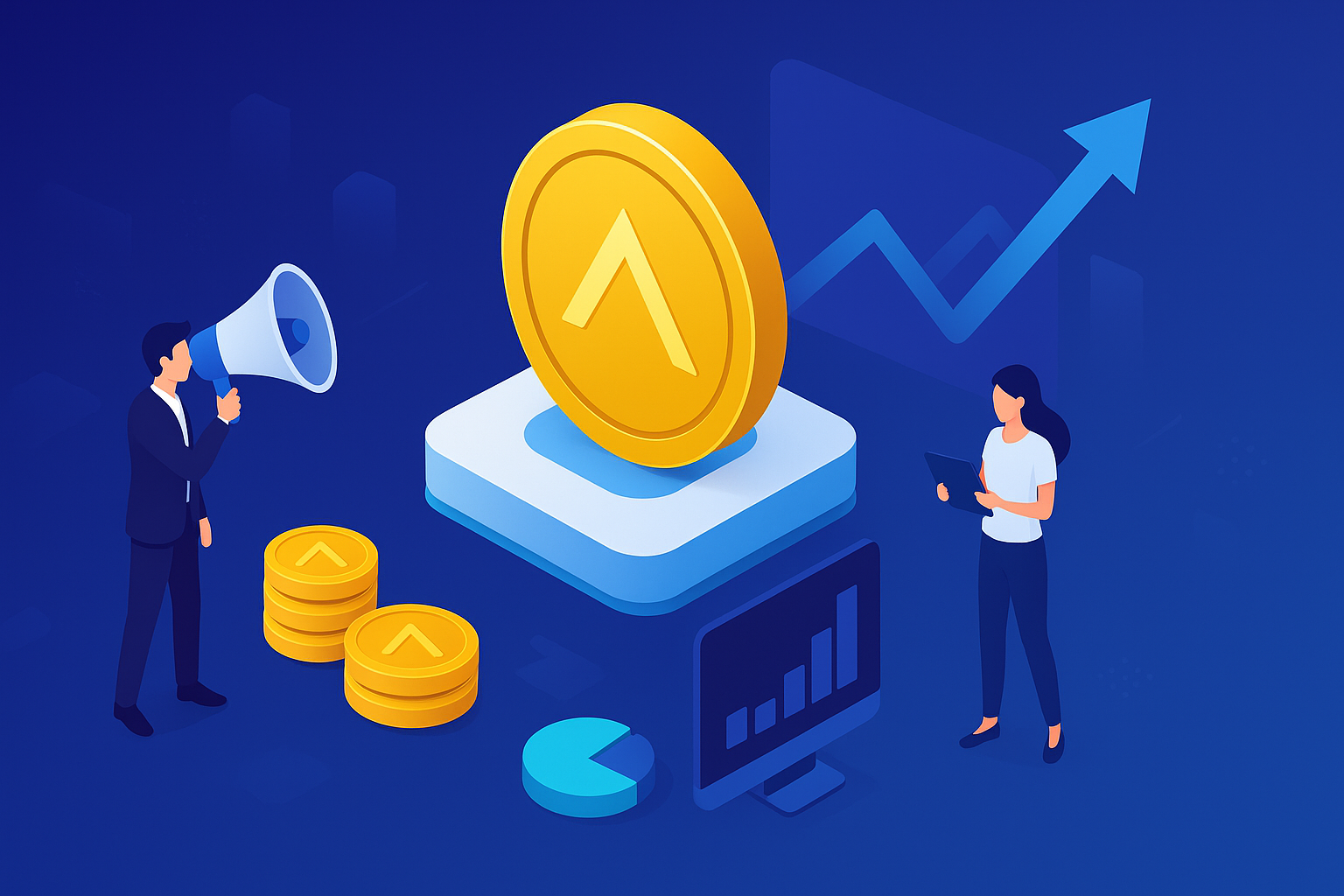
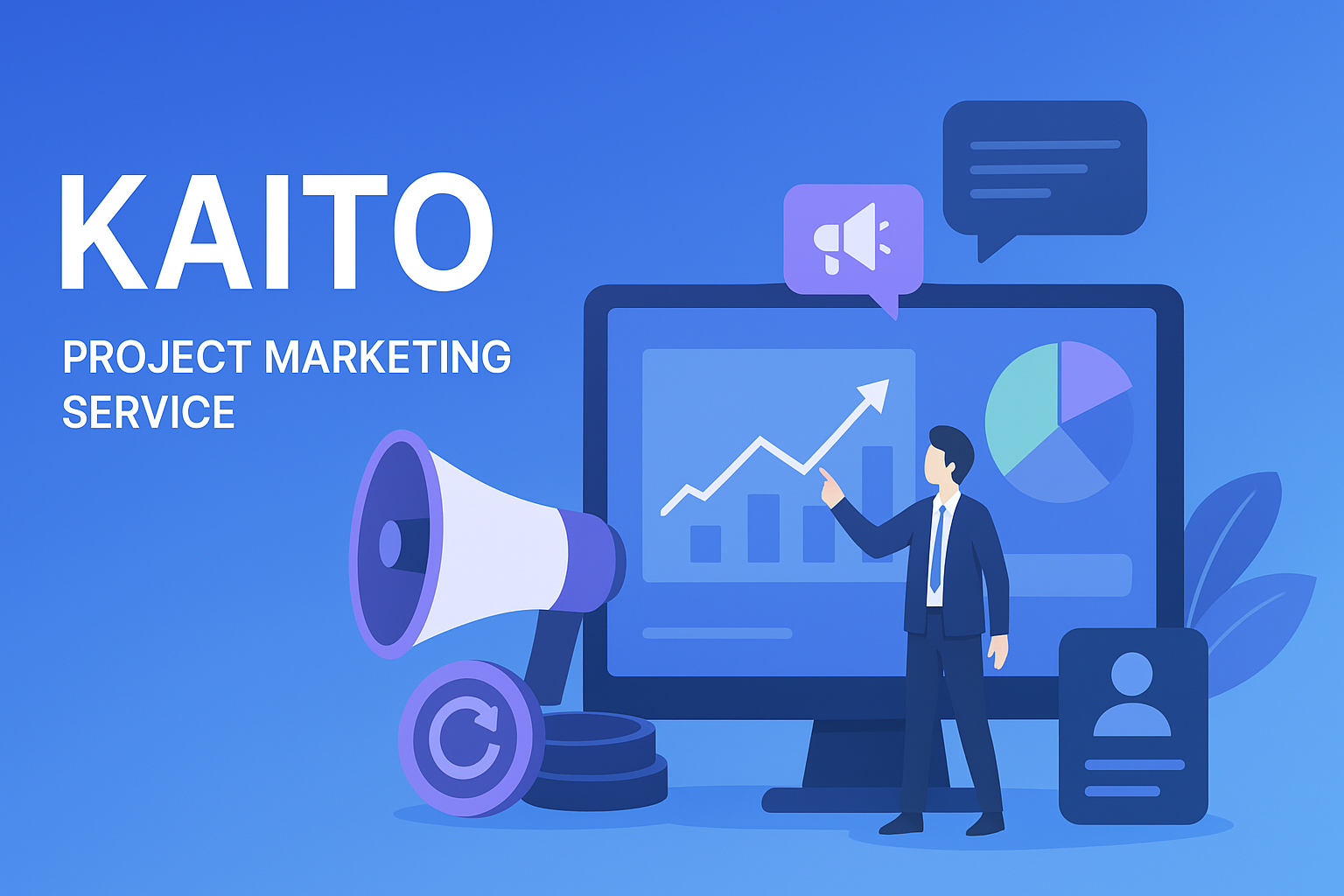

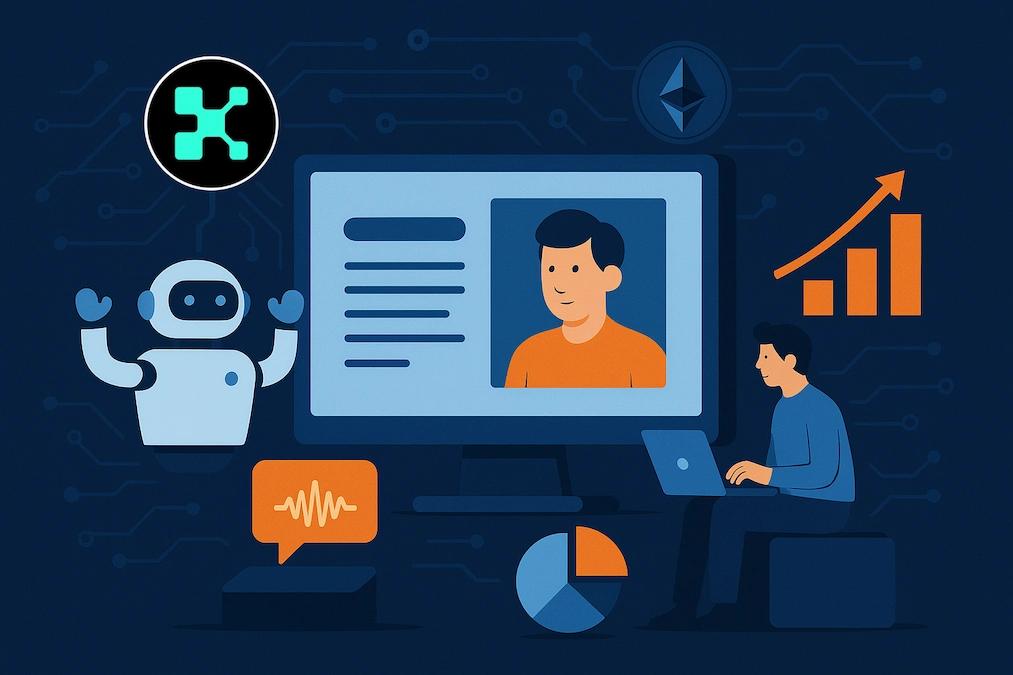
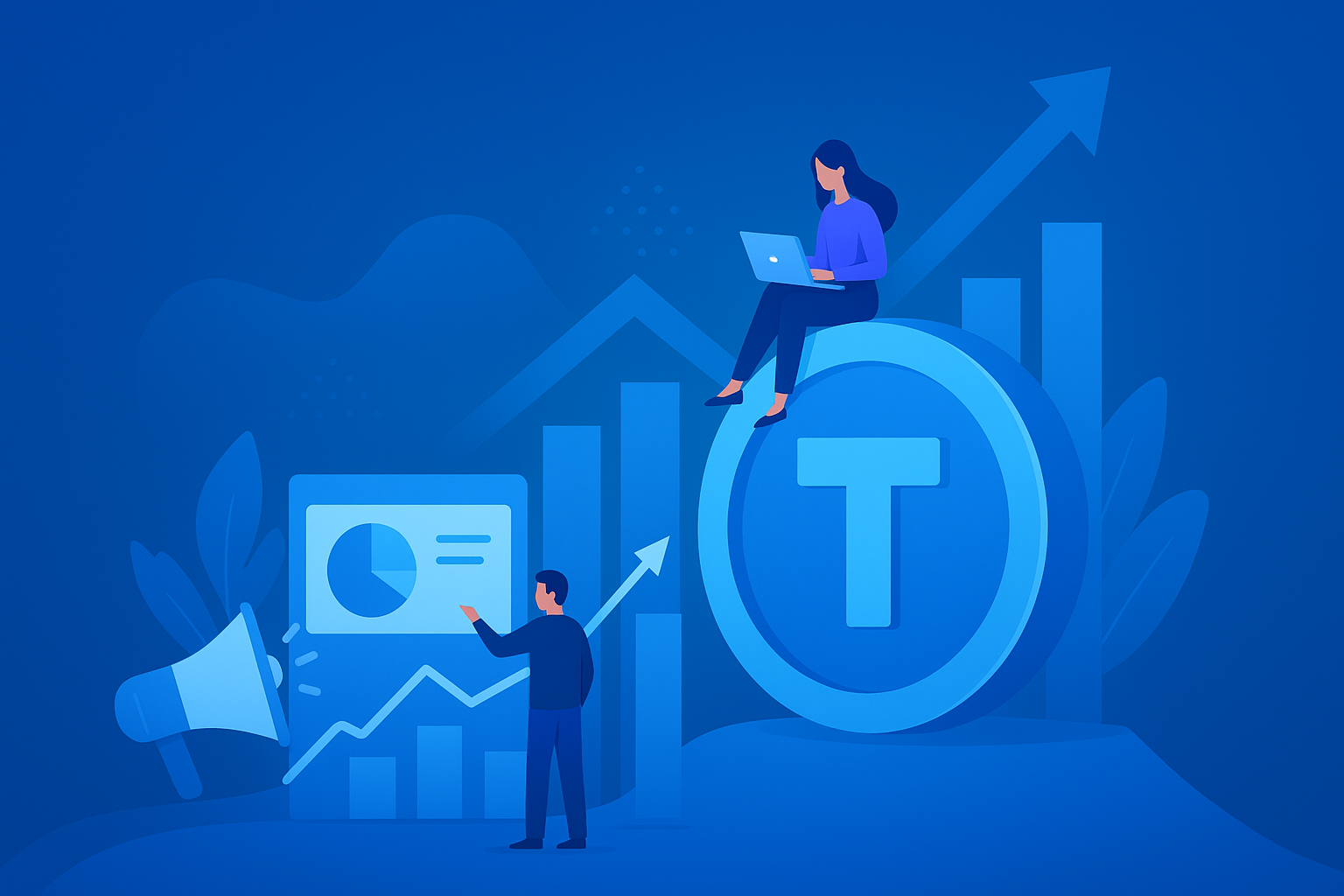
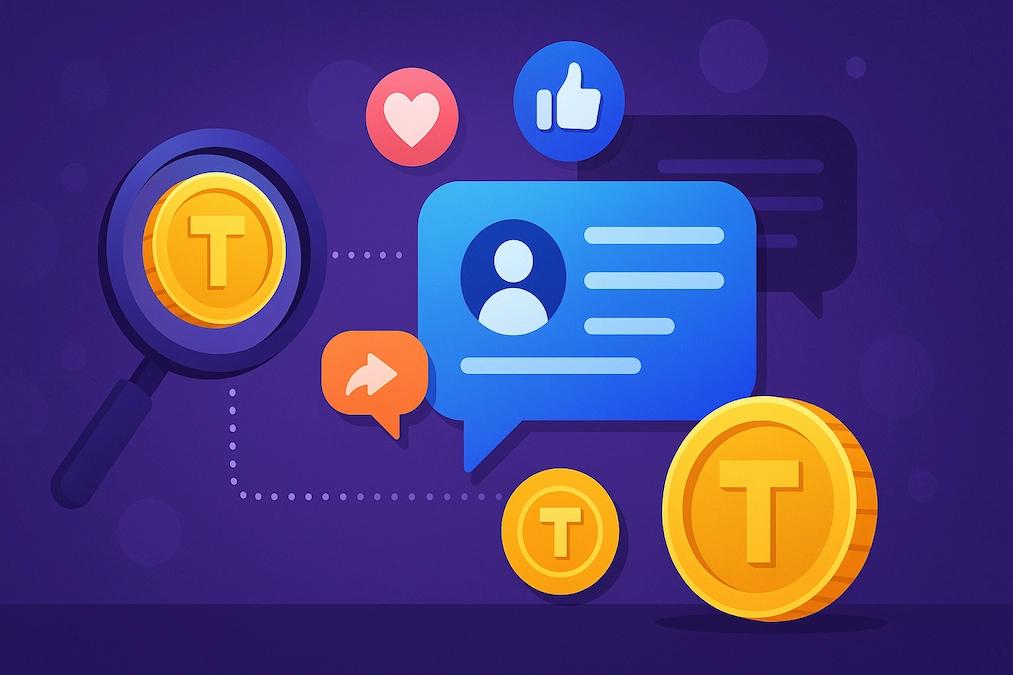










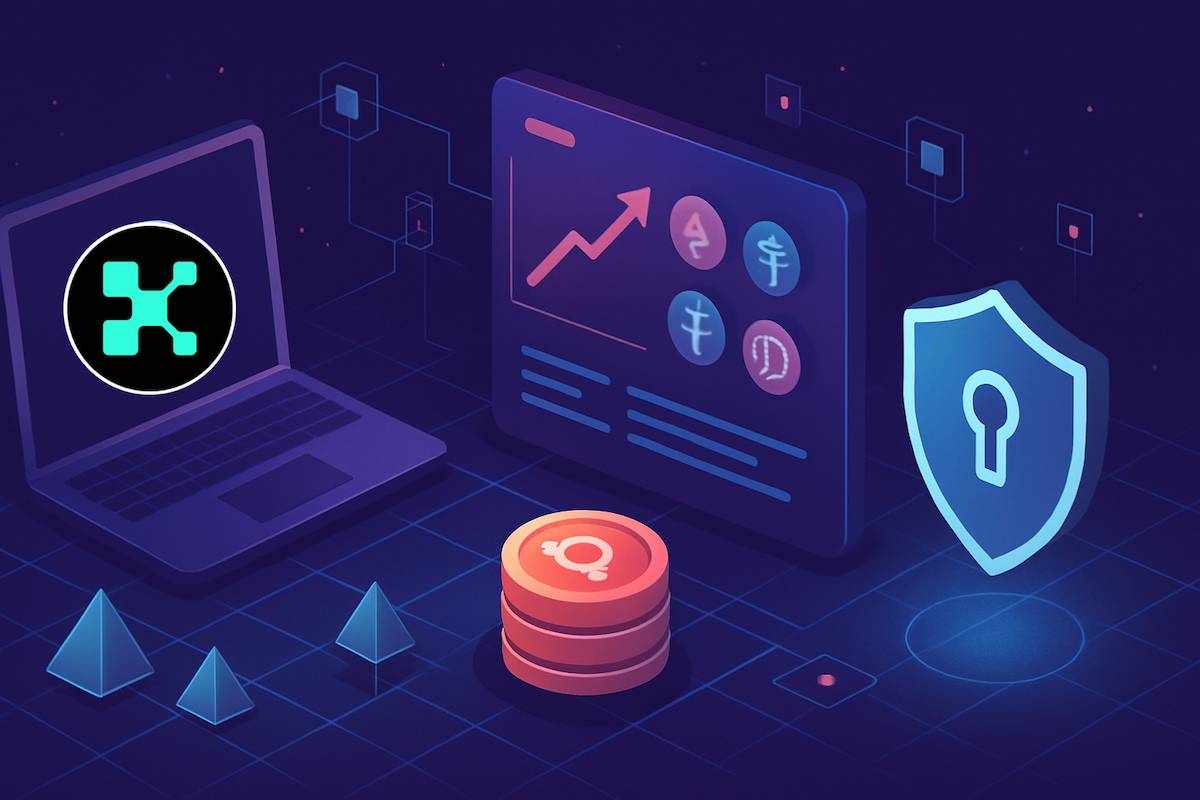


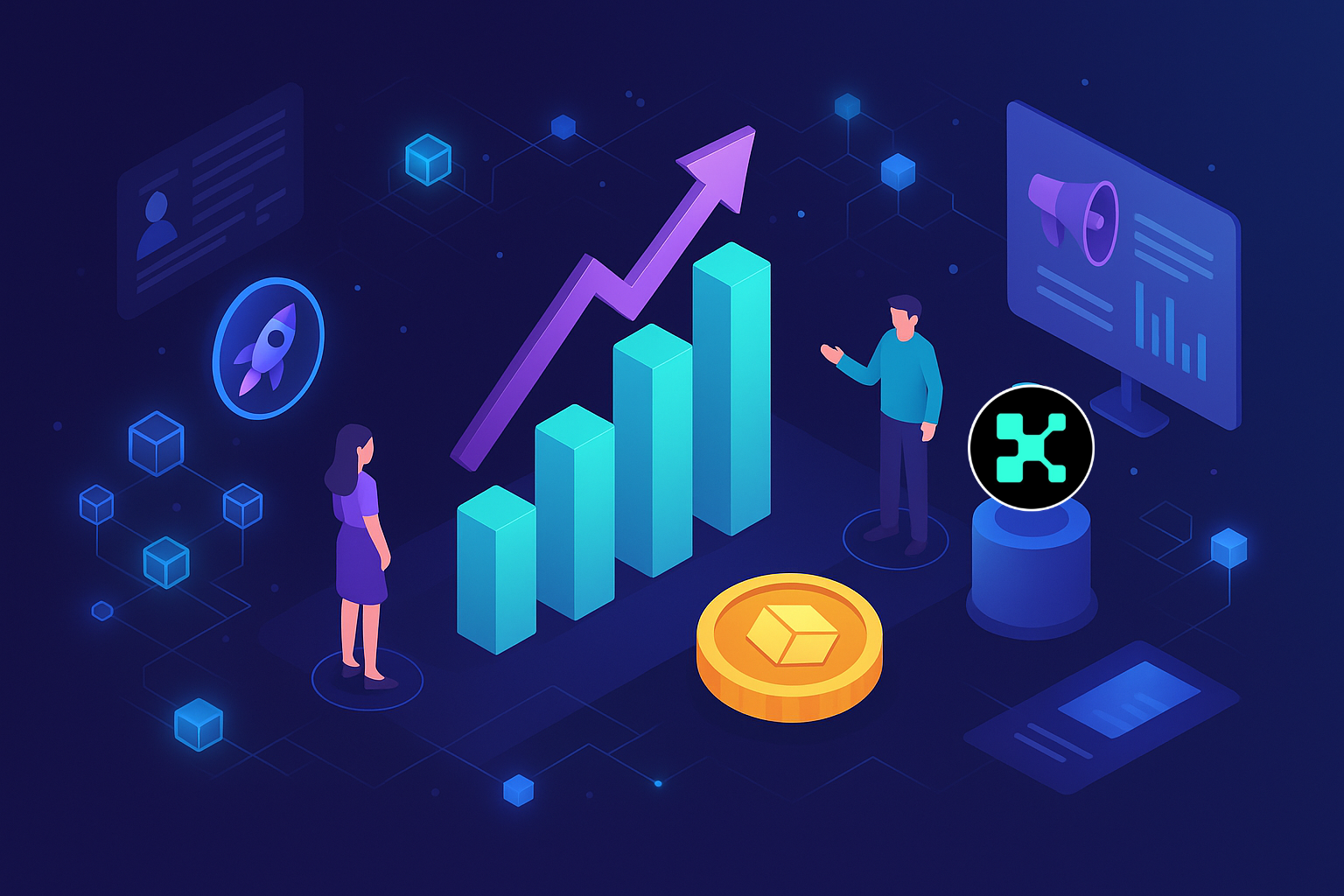
Write a comment ...